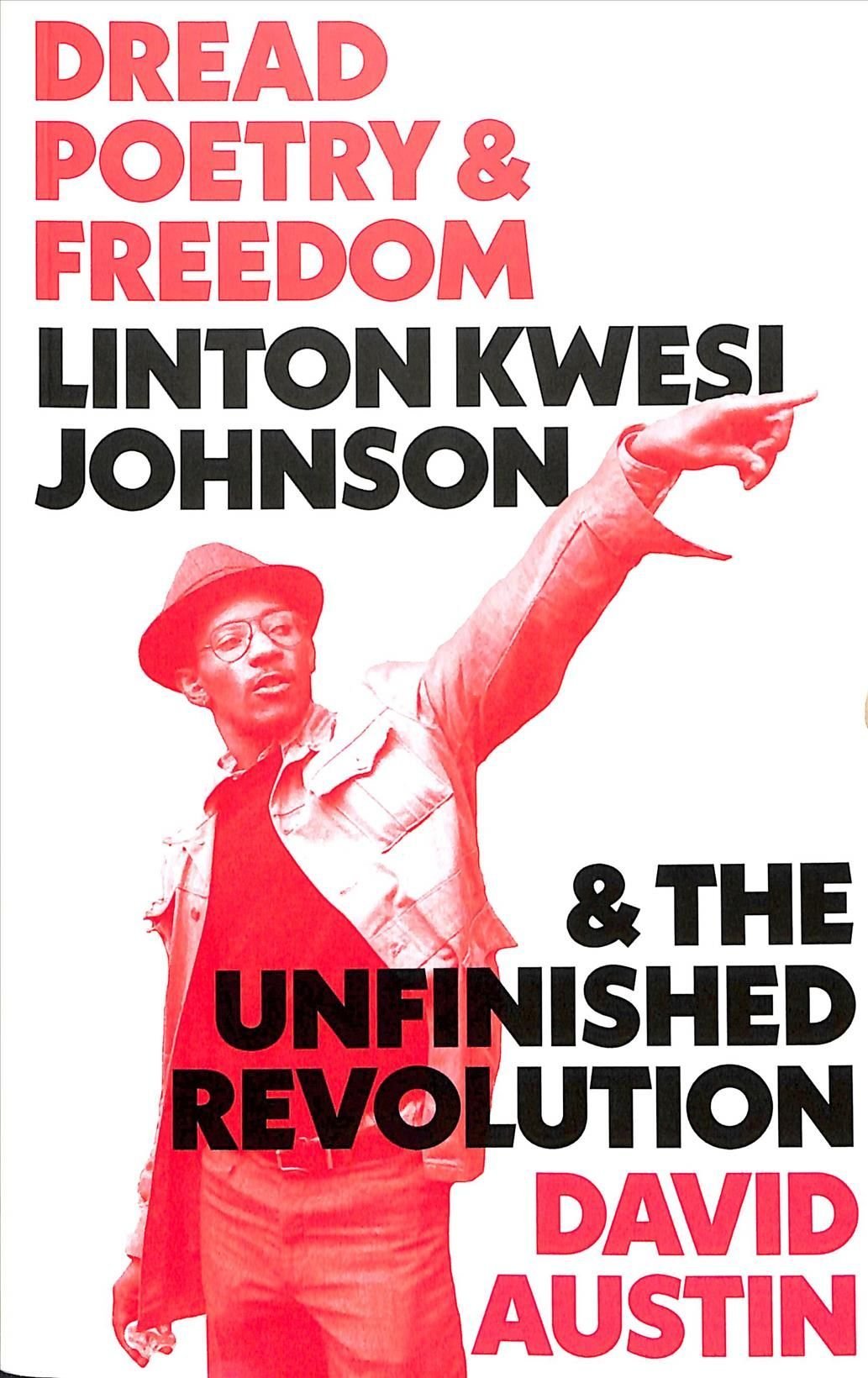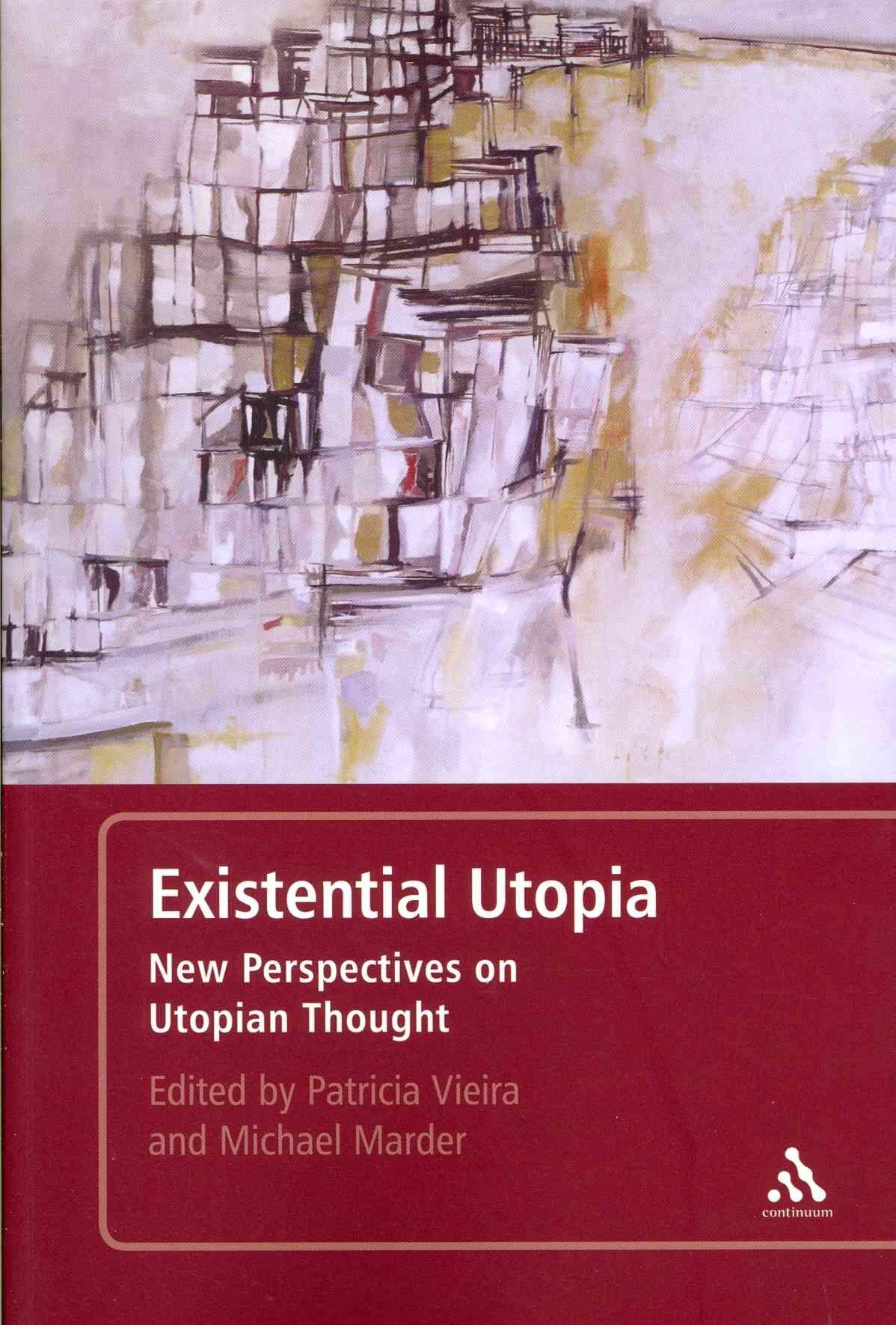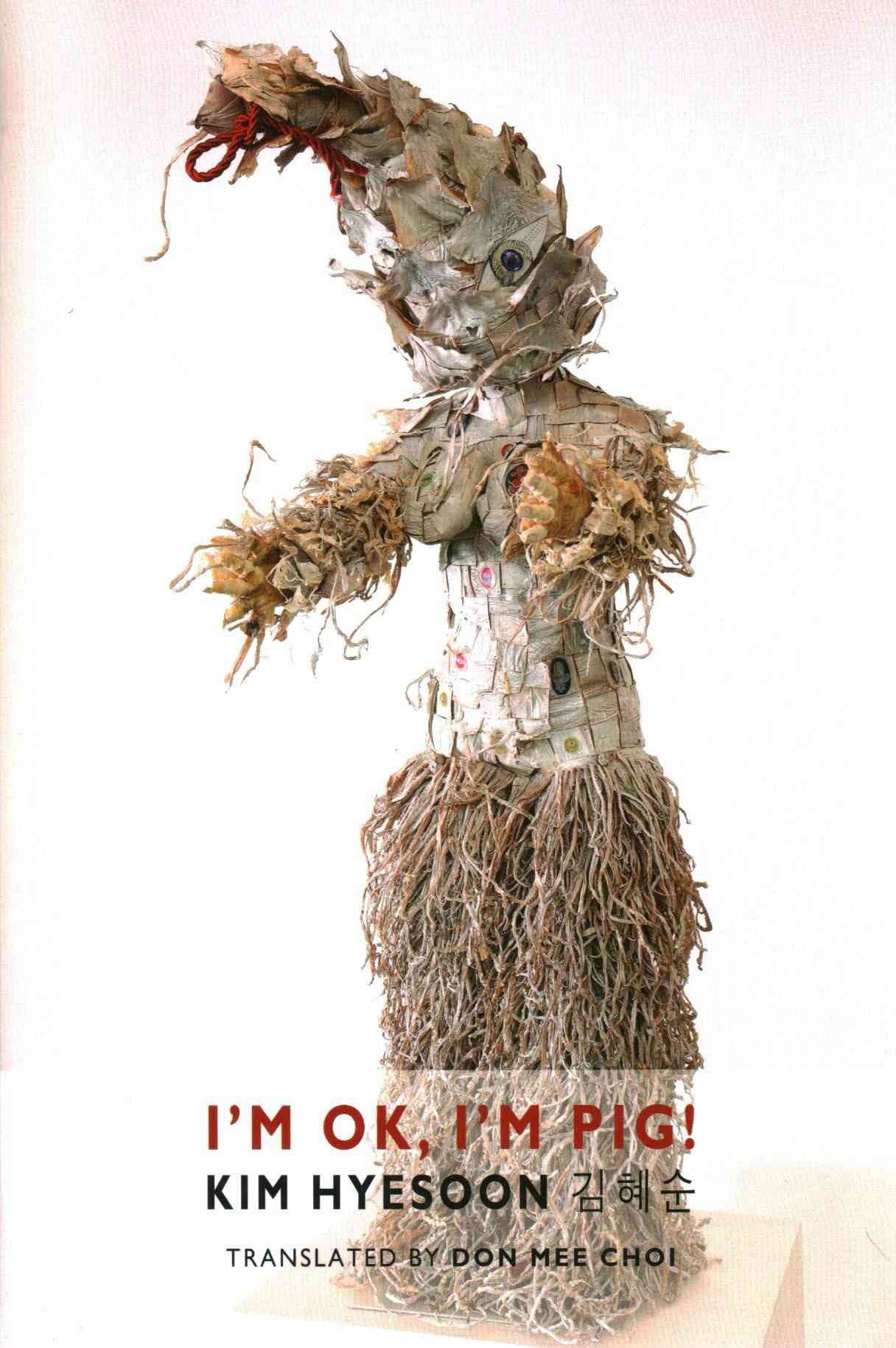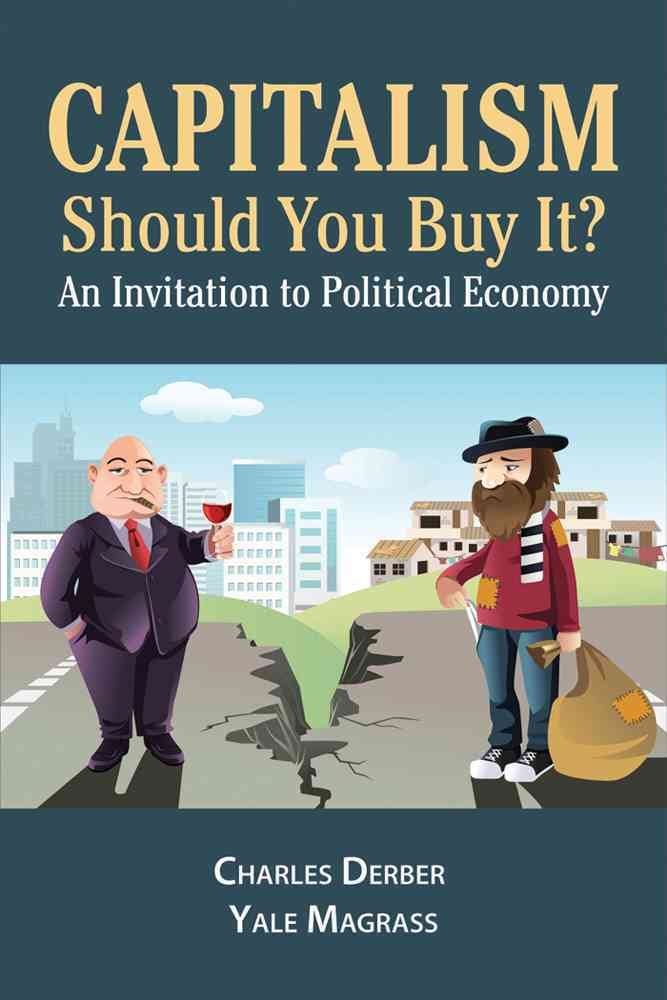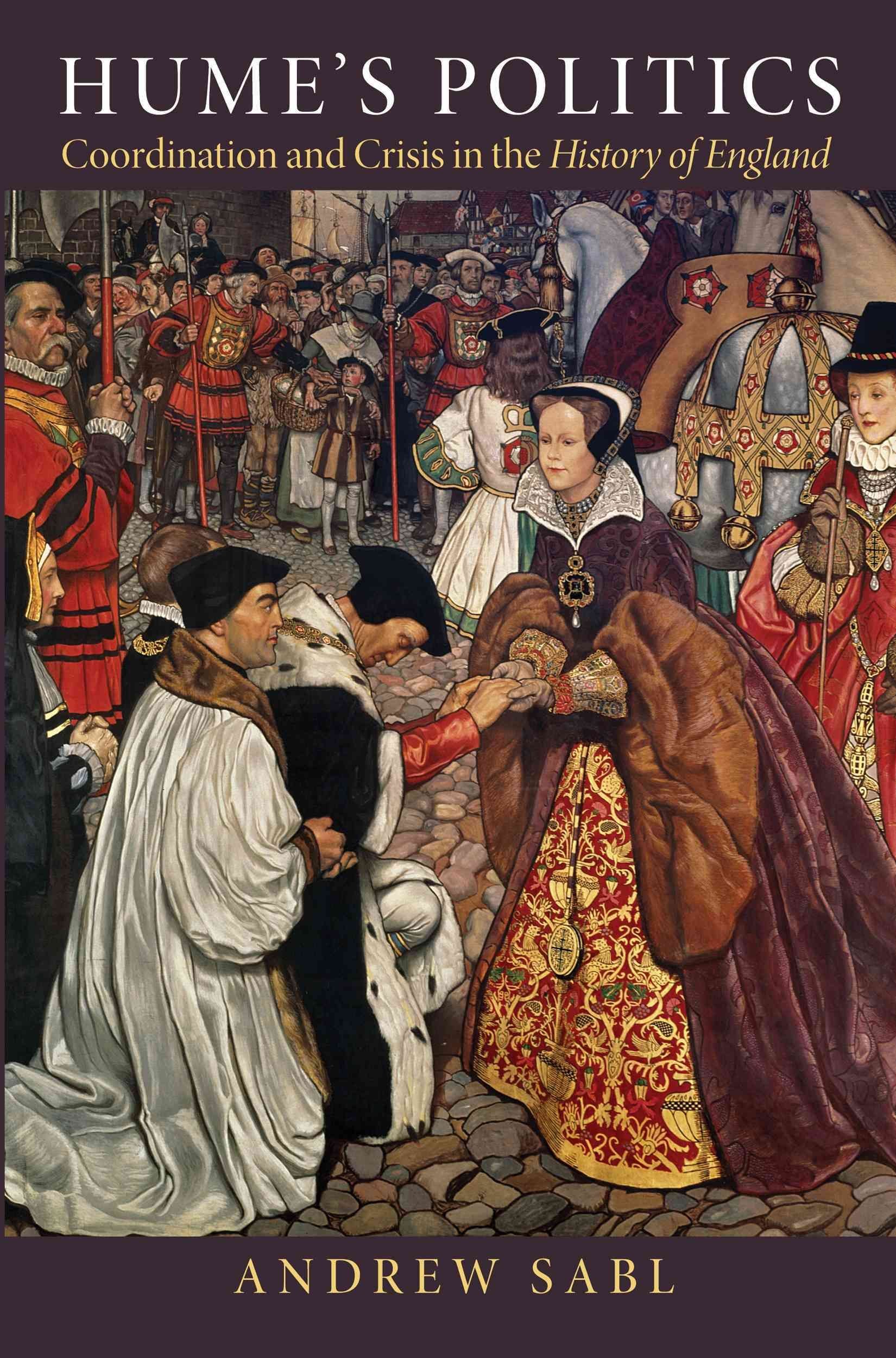In the 1970s and ’80s, Linton Kwesi Johnson was fighting neo-fascism and promoting socialism, and putting pen to paper to refute W. H. Auden’s claim that ?poetry makes nothing happen.? Dread Poetry and Freedom explores Johnson’s work through the radical political and poetic traditions he engaged, reflecting poetry’s potential to bring about social transformation. Through an examination of the violence, musicality, and revolution of his poetry, David Austin brings Johnson’s cultural and philosophical influences alive. Encompassing reggae music, the Bible, Rastafari, and surrealism, socialism, and feminism, as well as the radical politics of Aimé Césaire, John La Rose, Frantz Fanon, C. L. R. James, and W. E. B. Du Bois, Johnson’s poetry reveals itself as an important site of diaspora politics and struggle. Probing the juncture at which Johnson’s poetry meets his politics, Dread Poetry and Freedom shows the significant role art can play in bringing about social change in times of dread.
